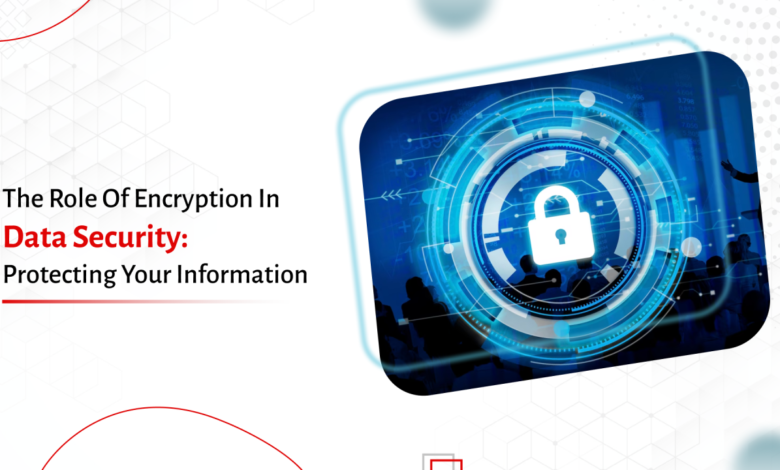What Role Does Encryption Play in Ensuring Banking Security?

When one talks about keeping their money safe, especially in their checking accounts, encryption is like the superhero of banking security. It’s a fancy word, but it’s basically about turning your sensitive information into a secret code that only the right person or bank can understand. This article breaks down how encryption plays a massive role in keeping your checking account security and other banking details super safe.
Turning Sensitive Data into Secret Codes
Imagine if every time you sent a message about your money, it turned into a secret language. That’s what encryption does. Encryption scrambles the information when you do anything online with your bank – like checking your balance or paying bills. This means that if a hacker tries to sneak a peek at your data, all they see is a bunch of gibberish. It’s like having a secret code between you and your bank. Only you two can understand it, keeping your money talk safe from eavesdroppers.
Protecting Your Transactions
Every time you make a transaction, encryption is at work. It’s especially important when you’re buying stuff online or using your card at a store. Encryption steps in like a bodyguard. It protects the information you send from your card to the bank. This way, your card number and personal details stay hidden from anyone who might want to steal them. It’s like sending your money in an armored van instead of a bicycle.
Safeguarding Your Personal Information
Your personal information is super valuable. Things like your address, phone number, and especially your Social Security number need to be kept really safe. Encryption ensures this information is turned into a code whenever it’s sent through the internet. This is crucial because it’s not just about protecting your money but also your identity. If someone got their hands on this info, they could pretend to be you. Encryption is like a powerful lock that keeps your personal identity safe.
Ensuring Privacy in Online Banking
Privacy is a big deal when you use online banking to manage your checking account. You don’t want just anyone to see how much money you have or what you’re spending it on. Encryption makes sure your online banking stays private. It’s like having a conversation in a room where no one else can listen in. Even if they try, all they hear is nonsense. This privacy is key to feeling safe about using online banking.
SoFi states, “We offer SSL encryption, fraud protection, and FDIC insurance up to $2 million (8x the national standard) when you enroll in the SoFi Insured Deposits Program. Plus, biometric login and two-factor authentication provide additional security.”
Meeting Legal and Compliance Standards
Banks don’t just use encryption because it’s a good idea; they’re also required to by law. There are rules and regulations that banks have to follow to make sure your money is safe. Encryption is a big part of meeting these standards. It’s like a bank having a super-strong safe where they keep your money. It’s not just a good security measure; it’s also the law.
Encryption is a crucial player in checking account security and overall banking safety. It turns your sensitive data into secret codes, protects your transactions, safeguards your personal information, ensures privacy in online banking, and helps banks meet legal standards. So, next time you use your bank app or swipe your card, remember that encryption works like a silent superhero to keep your money safe.



